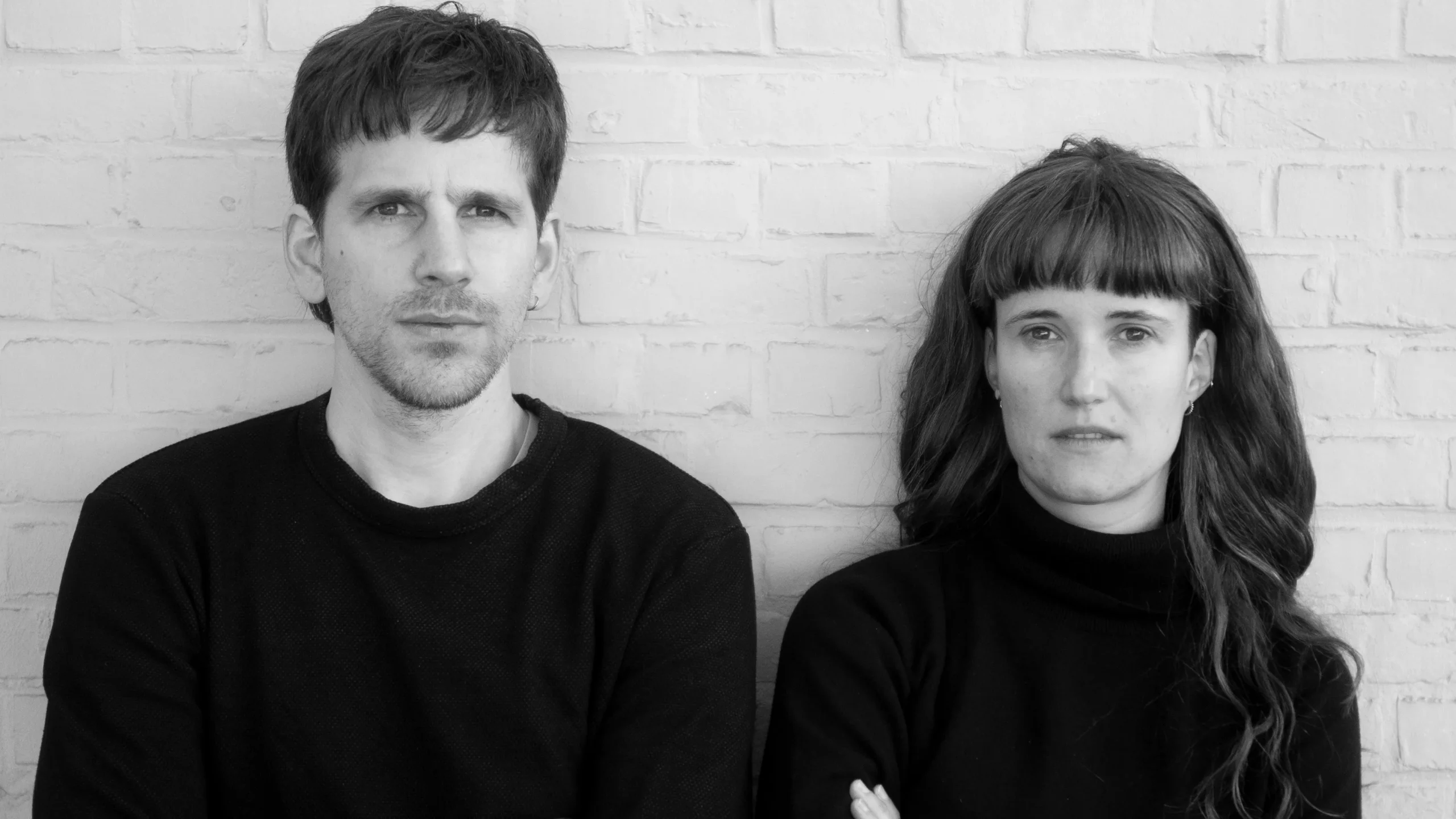The Rise of Vitrival: A Belgian Village in the Spotlight
The quaint Belgian village of Vitrival, home to approximately 1,500 residents, recently gained international attention thanks to the film Vitrival — The Most Beautiful Village in the World. This debut feature from writer-directors Noëlle Bastin and Baptiste Bogaert showcases their unique perspectives, shaped by their upbringing in this charming locale. Premiering at the Rotterdam Film Festival earlier this year, the film defies conventional cinematic genres and captures the complexities of rural life in Belgium.
A Multilayered Narrative: Humor, Drama, and Real Life
Does the film have comedic moments? Absolutely—it humorously portrays the ups and downs of small-town living. However, it doesn’t shy away from serious themes, addressing a troubling wave of suicides affecting the community. It also embodies a slice-of-life storytelling approach, following the daily routines of two cousin police officers as they navigate their interactions with fellow villagers. Moreover, the line between reality and fiction blurs, as many roles are filled by actual residents, including members of Bastin’s own family.
Bogaert reflects on the filmmakers’ rejection of strict genre classifications: “For us, it’s just life. You can cry in the morning and laugh in the afternoon.” He cautions potential audiences about their expectations, noting, “Some who come seeking purely comedic content may leave a bit disappointed, as it isn’t all humor.”
Upcoming Releases and Global Reception
Recently, ND Pictures acquired the distribution rights for the film in the Benelux region, with a theatrical release slated for November 12. Following that, Vitrival is set to make its Asian debut at the prestigious 15th Beijing International Film Festival, where it will compete in the main program—a thrilling milestone for the filmmakers.
“I’m particularly curious to see how the audience will respond,”states Bastin. “I’m eager to know if they find it amusing,”she adds, while Bogaert emphasizes their excitement and uncertainty regarding cultural perspectives that could shape audience reactions.
Community Engagement and Local Reactions
While a screening in Vitrival itself has not yet taken place, the filmmakers plan for one soon. Some locals did attend the Rotterdam premiere, including family members and those portraying key characters, which created a significant supporting presence. Bastin recalls, “They truly enjoyed the film and found humor in many of the subtle details.”
Interestingly, the film’s serious themes—like the suicides—did not seem to resonate deeply with local viewers. Bastin shares, “We were surprised that they didn’t appear to focus on that darker aspect,” suggesting the audience was more engaged with seeing their lives and village represented on screen.
A Deeper Exploration of Serious Themes
The exploration of suicide in the film served as one of its original inspirations, as Bastin and Bogaert initially considered adapting a novel centered on this sensitive topic. “It’s an intriguing subject for us,” Bastin explains, while Bogaert elaborates on the sociological implications of such personal tragedies. “When these events occur in a small village, the cause often remains elusive, prompting viewers to consider the environment and social behaviors,” he notes.
Bastin continues, “Life in the village must go on, even when faced with tragic events. As filmmakers, we wanted to capture how daily life continues against this backdrop of loss.”
Blend of Genres: A Police Procedural Perspective
In addition to its comedic and dramatic elements, the film also has a procedural angle, highlighting the day-to-day tasks of village police officers. Bastin notes, “These local officers are not investigators and deal primarily with suicides, which are inherently unsolvable cases.”
Future Projects and New Inspirations
Bogaert and Bastin are already in the early stages of another feature film inspired by their experiences in Charleroi, a city steeped in industrial history and its current challenges. While details remain under wraps, Bogaert teases, “The story will follow characters in their daily lives as they face a catastrophe involving a coal waste explosion.”
Through films like Vitrival, these filmmakers are not merely sharing stories but are engaging audiences in a broader conversation about life, community, and the complexities that arise in quiet corners of the world.

Courtesy of Noëlle Bastin and Baptiste Bogaert


